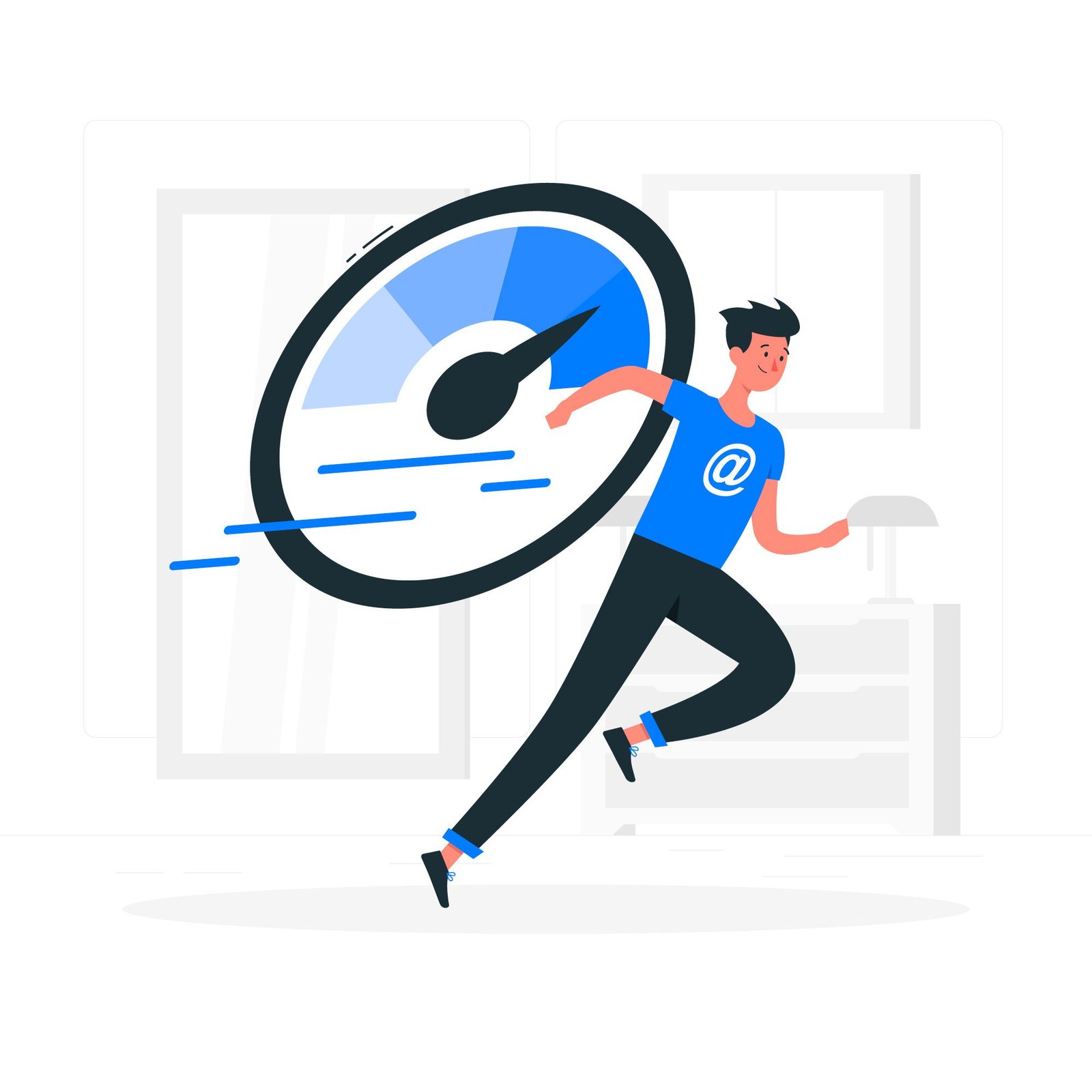If your website is loading slowly, you are losing money. In this blog post, we will discuss 11 tips to help optimize the performance of your website. By following these tips, you can speed up your website and improve the user experience for your visitors. Implementing just a few of these tips can make a big difference in terms of page load times. So what are you waiting for? Start optimizing your website today!
Speed is important for several reasons- it keeps users happy and engaged with your site, it helps improve your SEO rankings, and it ultimately leads to increased sales and conversions. If you’re looking to speed up your site, there are a few key things you can do to optimize performance.
Here are 11 tips to speed up your website:

1. Optimize your images
This means saving them in the correct file format and sizing them so that they load quickly.
2. Minimize your HTML, CSS, and JavaScript files
This means reducing the amount of code in these files so that they take up less space and load faster.
3. Use a content delivery network (CDN)
A CDN is a group of servers located around the world that deliver content to visitors based on their geographic location. By using a CDN, you can ensure that your website’s content is delivered quickly, no matter where the visitor is located.
4. Use caching
Caching is a way of storing frequently accessed data so that it can be quickly retrieved. By caching your website’s data, you can speed up the loading time for subsequent visitors.
5. Optimize your website for mobile devices.
This means making sure your website loads quickly on mobile devices and has a user-friendly design.
6. Choose a good web host
SA web host is the company that provides the server space and bandwidth for your website. Choosing a fast web host can help to speed up your website’s loading time.
7. Reduce the number of plugins you use
Plugins are pieces of code that add functionality to your website. While they can be useful, they can also slow down your website. So, it’s important to only use the plugins that you absolutely need.
8. Reduce redirects.
Redirects are used when you want to send visitors from one URL to another. They add an extra step in the process of loading a page, which can slow down your website. So, it’s best to only use redirects when absolutely necessary.
9. Clean up your code.
This means removing any unused code or comments from your website’s files. By doing this, you can speed up the loading time of your pages.
10. Use a content management system (CMS).
A CMS is a platform that helps you to create and manage your website’s content. Using a CMS can help to speed up your website by automating some of the tasks involved in creating and updating your content.
11. Keep your website up to date.
This means regularly updating your content, plugins, and operating system. By keeping your website up to date, you can ensure that it runs smoothly and efficiently.
So there you have it. By following these tips, you can speed up your website and improve its performance.
However, if you need further assistance, please contact our team of experts at Magoven Creative Studio! We’re happy to help you optimize your website for speed and performance. Reach out today! Our team can help you to further improve the loading time of your website. Contact us today to get started!
We hope this article was helpful. Thanks for reading!





